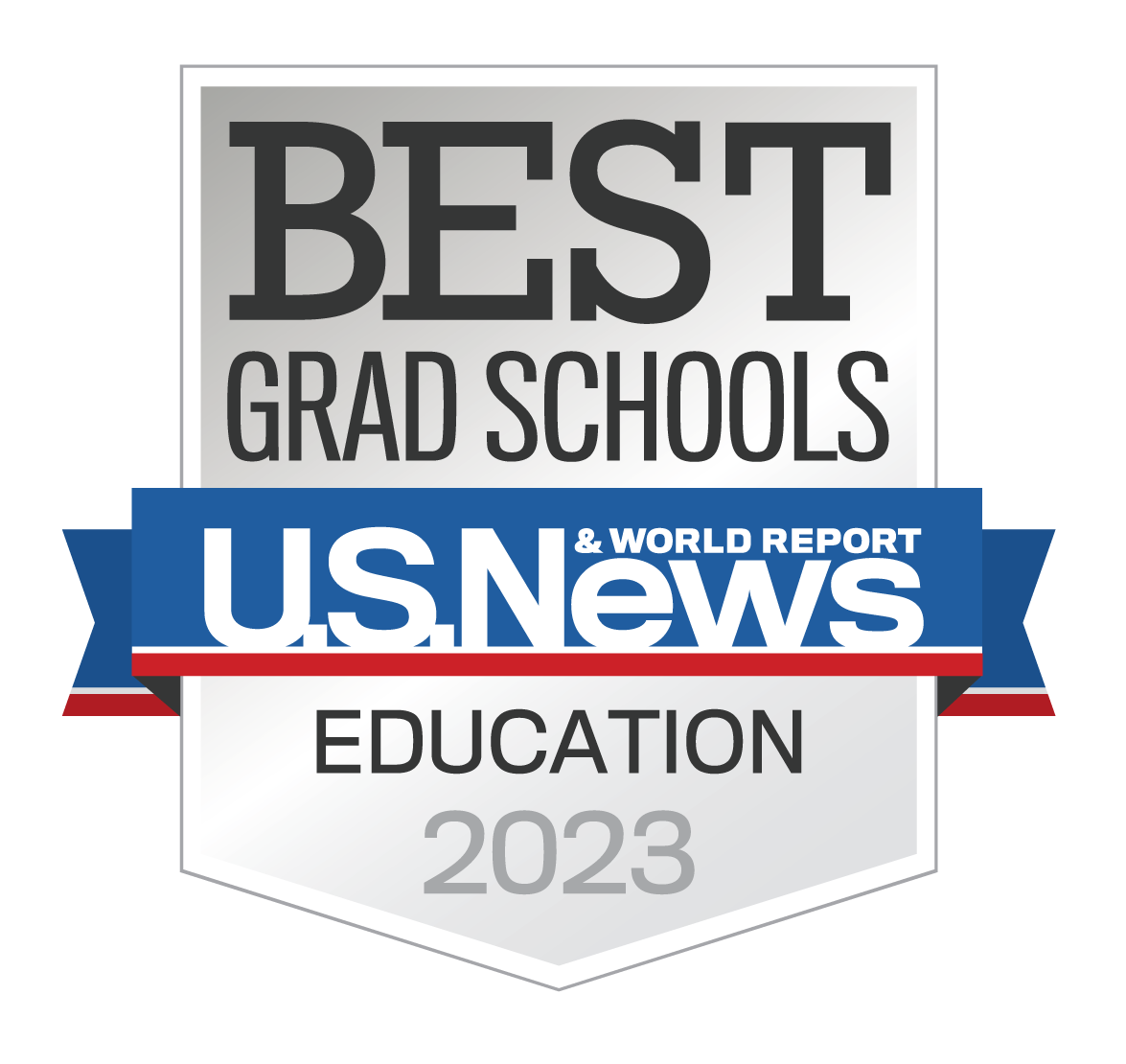This program Is currently not accepting applications. However, students can still take EEDA courses as part of the MA in Education program (without a designated concentration). Upon admission, a faculty advisor specializing in EEDA will assist students in selecting these courses to integrate into their MA in Education curriculum.
The Master’s in Education with a concentration in Educational Evaluation and Data Analysis (EEDA) prepares you to work in K-12 school districts, universities, and non-profit organizations performing organizational and institutional research, data analysis, and program evaluation.
 K-12, college, and university educational systems and established non-profits are awash in data from students, faculty, classrooms, and local program sites. The EEDA concentration prepares you to formulate and answer questions about program trends, academic achievement, and institutional effectiveness by overseeing data systems and applying analysis processes in specific contexts. Upon graduation, you will understand theory and methods, as well as possess practical experience and ethical awareness to meet the demands and challenges of working with data and evaluation in real-world educational and non-profit settings.
K-12, college, and university educational systems and established non-profits are awash in data from students, faculty, classrooms, and local program sites. The EEDA concentration prepares you to formulate and answer questions about program trends, academic achievement, and institutional effectiveness by overseeing data systems and applying analysis processes in specific contexts. Upon graduation, you will understand theory and methods, as well as possess practical experience and ethical awareness to meet the demands and challenges of working with data and evaluation in real-world educational and non-profit settings.
Program Highlights
- Designed for individuals and working professionals who want to make a difference in K-12 school districts, higher education institutions, and non-profit organizations.
- You will be prepared for a career in which data and analytics are used to inform leadership about critical school and university topics, in roles such as K-12 assessment professionals, higher education institutional researchers, data analysts, data managers, and education evaluators.
Program At-a-glance
-
32 units
required units
-
MA in Education
degree awarded
-
In Person
modality
-
Spring, Summer, Fall
program start
-
15 months | full time*
estimated completion time
2-3 years | part time
estimated completion time







